De Gruyter Brill begins here.
Scroll down or choose a chapter to discover more.01
Starting a new chapter
The merger of De Gruyter and Brill starts an exciting new chapter in the long history of our two publishing houses. Together, we are set to become one of the leading publishers in the humanities and beyond.
Ever since our two publishing houses were founded in 1683 and 1749 respectively, we have been committed to serving scholars from all disciplines by publishing books and journals of the highest quality.
As De Gruyter Brill, we are now carrying this heritage into the future: furthering and spreading scholarship, driven by the conviction that academic research is vital for advancing society.
 Illustration from “Historia Generalis Insectorum,” published by Luchtmans, which later becomes Brill, in 1685.
Illustration from “Historia Generalis Insectorum,” published by Luchtmans, which later becomes Brill, in 1685.
 The Reimer Palais in Berlin, as of 1816 home of the Georg Reimer Verlag, which later becomes part of De Gruyter.
The Reimer Palais in Berlin, as of 1816 home of the Georg Reimer Verlag, which later becomes part of De Gruyter.
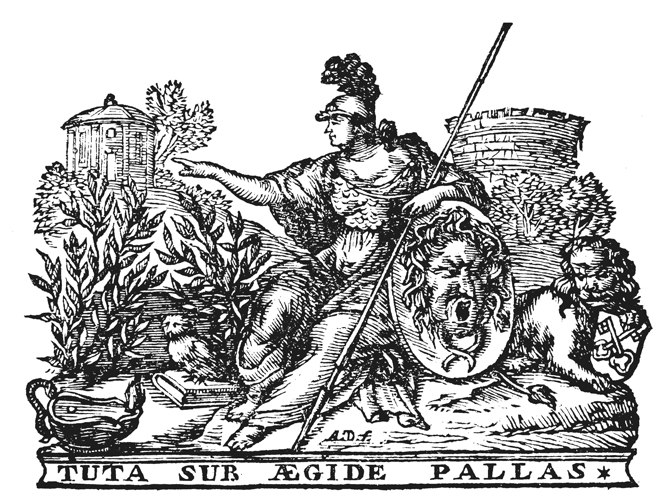 Origin of the Brill logo: Luchtmans’ 1714 printer’s mark depicting Pallas Athena, the goddess of learning and wisdom.
Origin of the Brill logo: Luchtmans’ 1714 printer’s mark depicting Pallas Athena, the goddess of learning and wisdom.
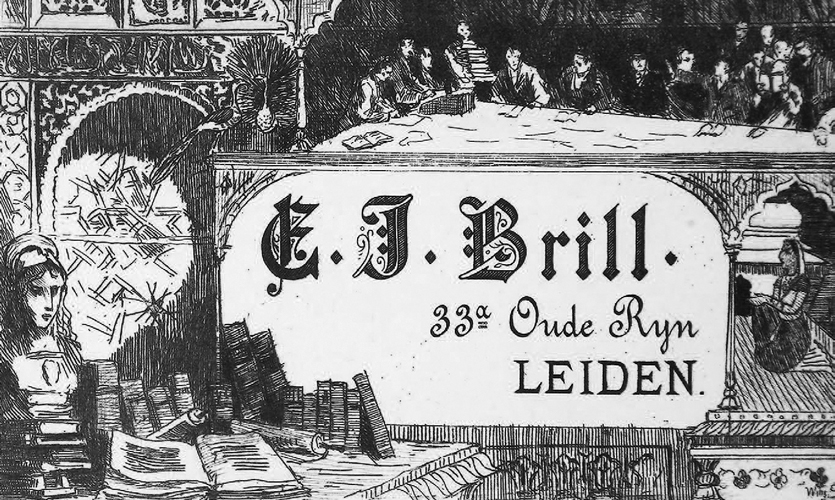 Brill business card from 1885.
Brill business card from 1885.
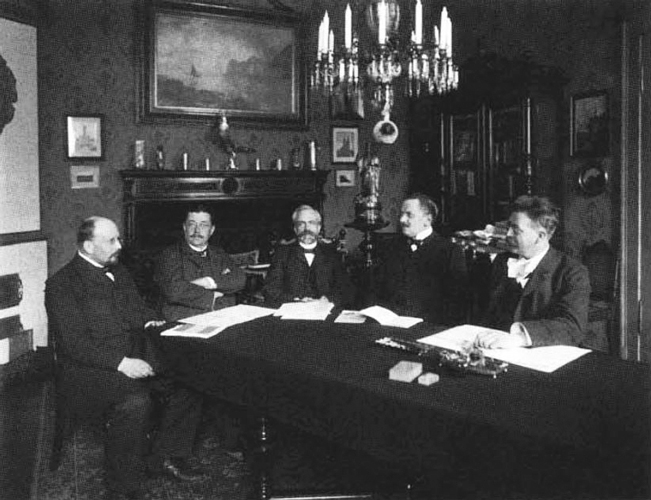 De Gruyter company meeting 1919/20 (from the right: Walter de Gruyter, Gustav Adolf von Halem, Wilhelm von Crayen, Otto von Halem, Oscar Schuchardt).
De Gruyter company meeting 1919/20 (from the right: Walter de Gruyter, Gustav Adolf von Halem, Wilhelm von Crayen, Otto von Halem, Oscar Schuchardt).
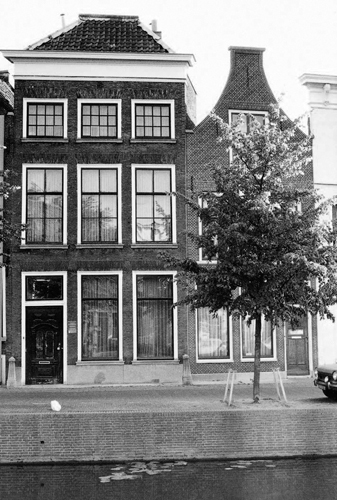 Office of E.J. Brill on the Rapenburg in Leiden.
Office of E.J. Brill on the Rapenburg in Leiden.
 De Gruyter’s composing room in 1957.
De Gruyter’s composing room in 1957.
 De Gruyter car promoting the “Sammlung Göschen” during the Week of the Book in 1952.
De Gruyter car promoting the “Sammlung Göschen” during the Week of the Book in 1952.
 Brill’s composing room in the 1950s.
Brill’s composing room in the 1950s.
 The employees of Brill in the 1950s.
The employees of Brill in the 1950s.
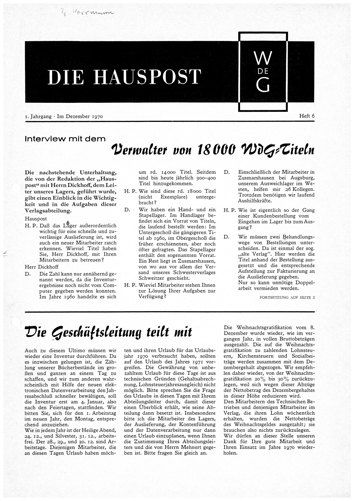 Front page of De Gruyter’s in-house newspaper “Die Hauspost” in 1970.
Front page of De Gruyter’s in-house newspaper “Die Hauspost” in 1970.
Our portfolio spans more than 30 academic subjects, ranging from authoritative text editions such as the works of Immanuel Kant and Friedrich Nietzsche, highly specialized monographs and edited volumes, to indispensable reference works like the Encyclopaedia of Islam. It encompasses internationally renowned journals like Semiotica, Crelle, or Mnemosyne, and online resources like Thesaurus Linguae Latinae Online or Brill’s The Hague Academy Collected Courses Online.
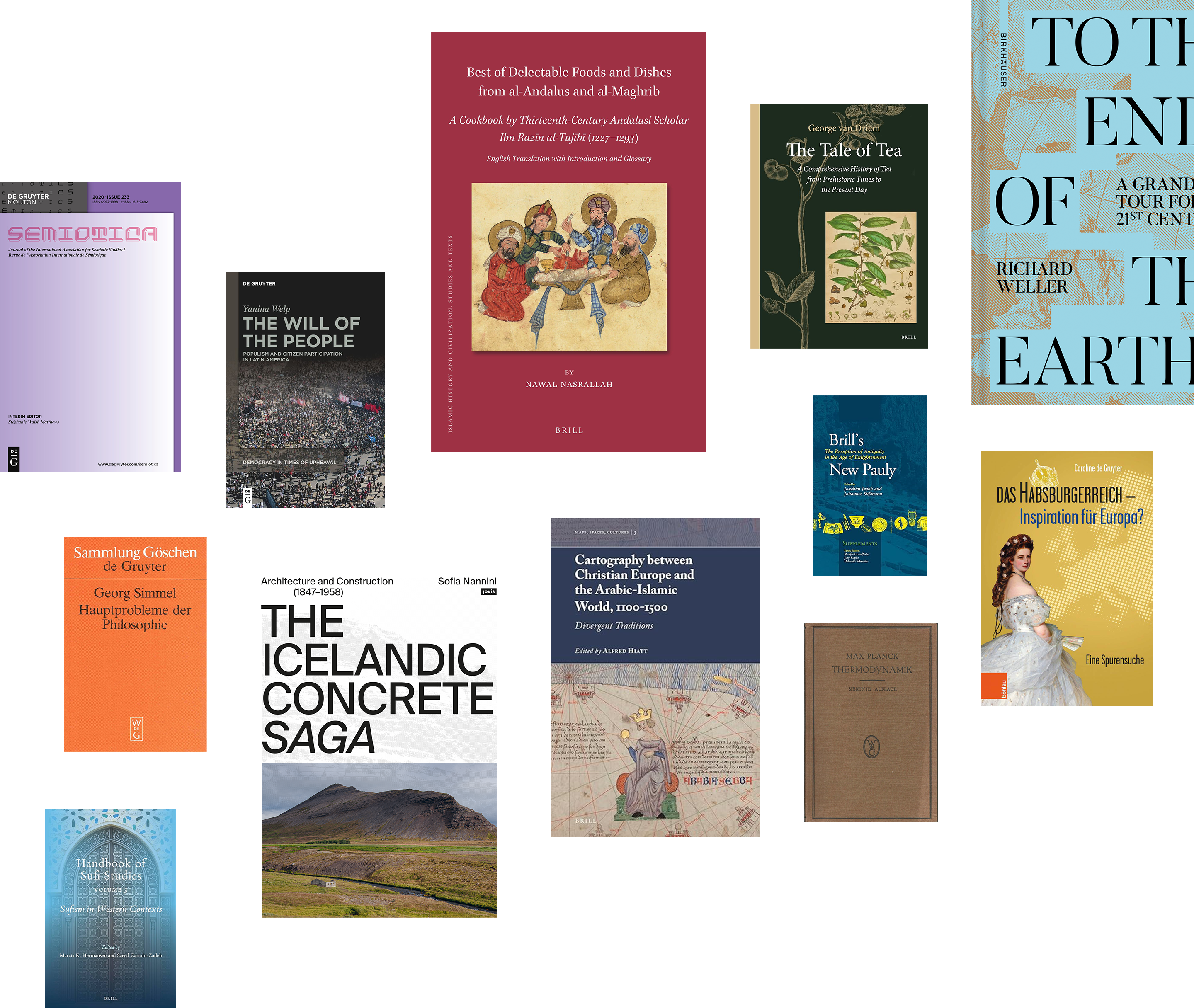
02
A strong partner for the scholarly community
In a rapidly evolving climate – ecological, political, intellectual – on a global scale, rigorous research in all fields is helping scholars and society to gain new perspectives, identify new paths, and address the pressing challenges of our times.
Some of our joint subjects include
Architecture and Design
Art and Art History
Asian and Pacific Studies
Business and Economics
Chemistry
Classical and Ancient Studies
Computer Sciences
Cultural Studies
Engineering
Geosciences
History
Industrial Chemistry
Islamic and Middle Eastern Studies
Jewish Studies
Law
Library and Information Science, Book Studies
Life Sciences
Linguistics and Semiotics
Literary Studies
Materials Sciences
Mathematics
Medicine
Music
Pharmacy
Philosophy
Physics
Social Sciences
Theology and Religion
De Gruyter Brill is committed to collaborating with scholars across disciplines and around the world to make their contributions available to the global research community and the public.
Your scholarship comes first. You can continue to expect from us the personal approach that we have long been known for. Our editors, who are experts in their respective academic disciplines, are available to guide you through the publishing process from project proposal to promoting the impact of your work.
03
The future holds consistency
Together, we look back on more than three centuries of vibrant history in academic publishing. Throughout this time, our shared values have remained the same. Our commitment to academic excellence, our high standards of quality, and our attentive individual service to authors are the criteria against which we will continue to measure ourselves.
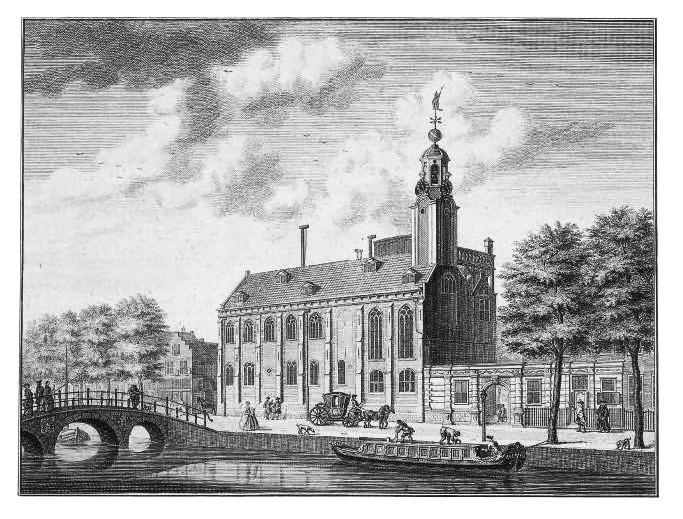
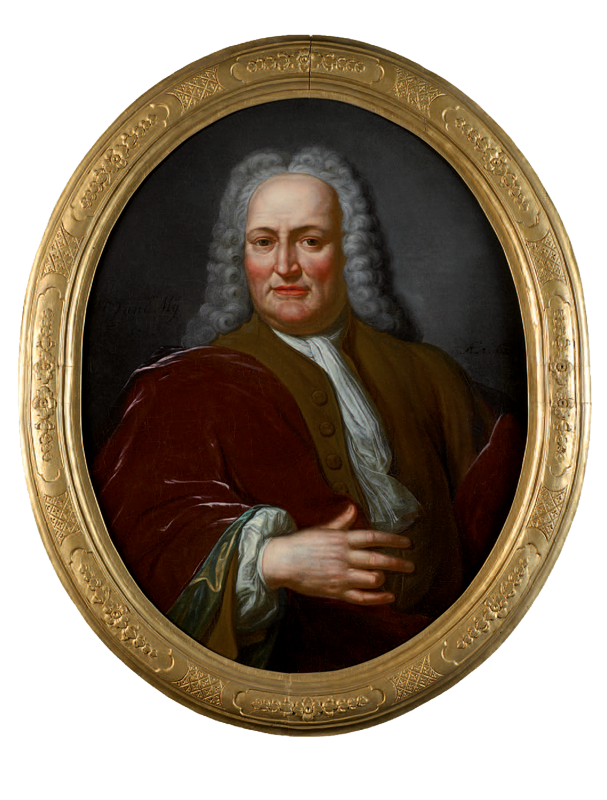
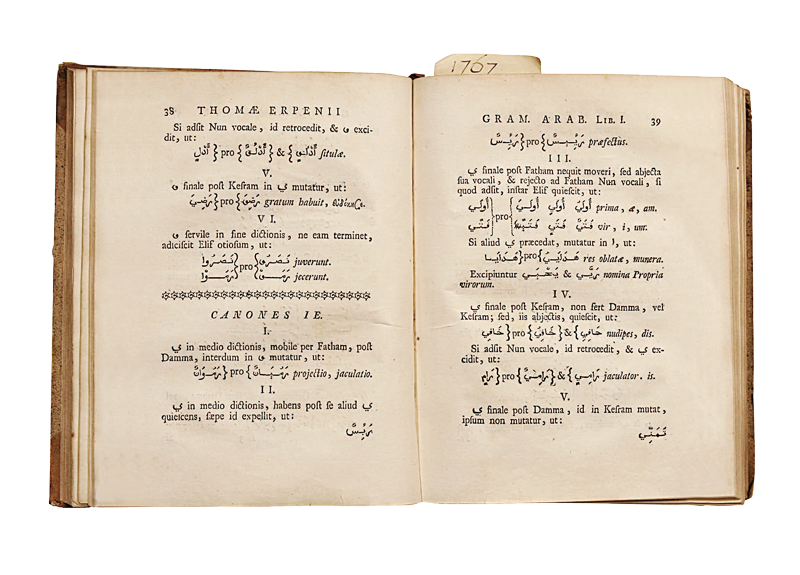

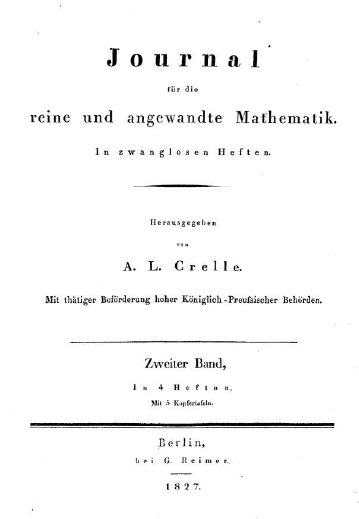

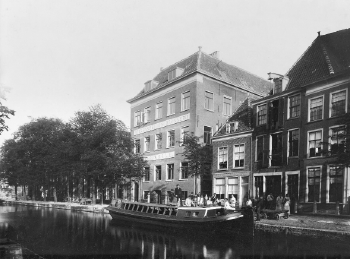
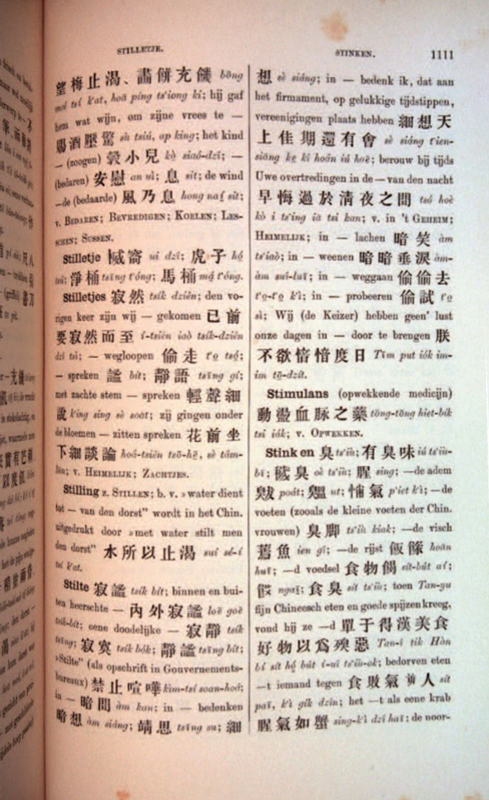
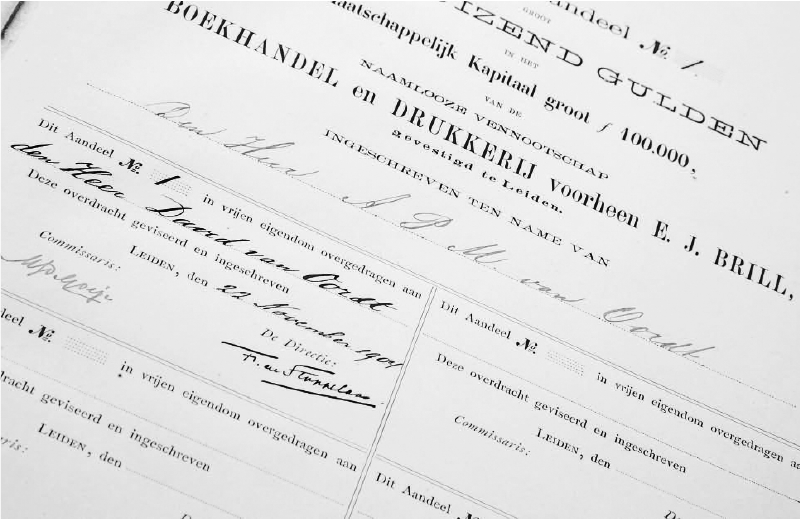


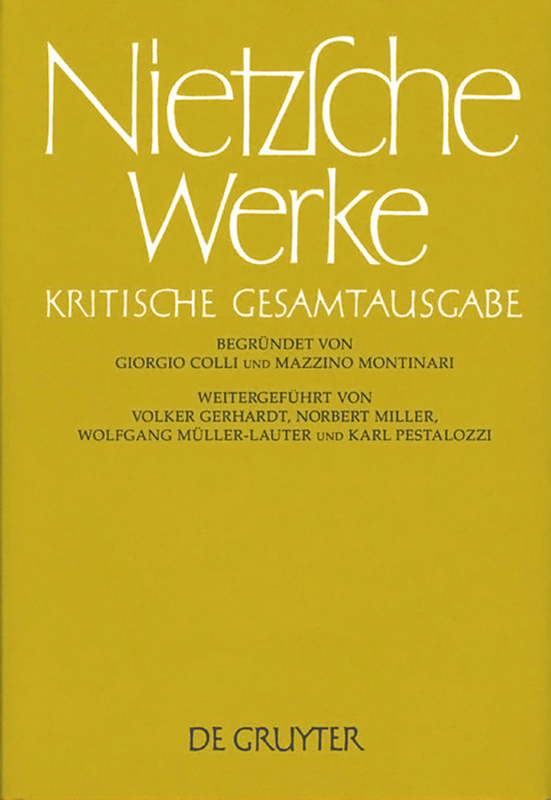

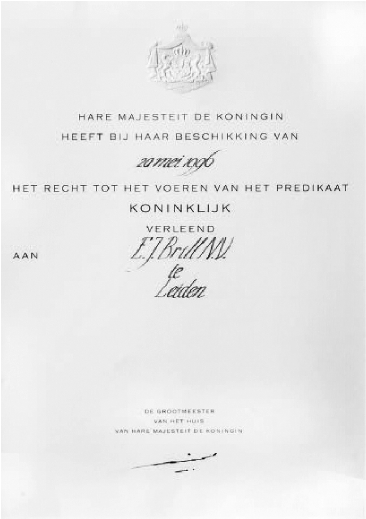

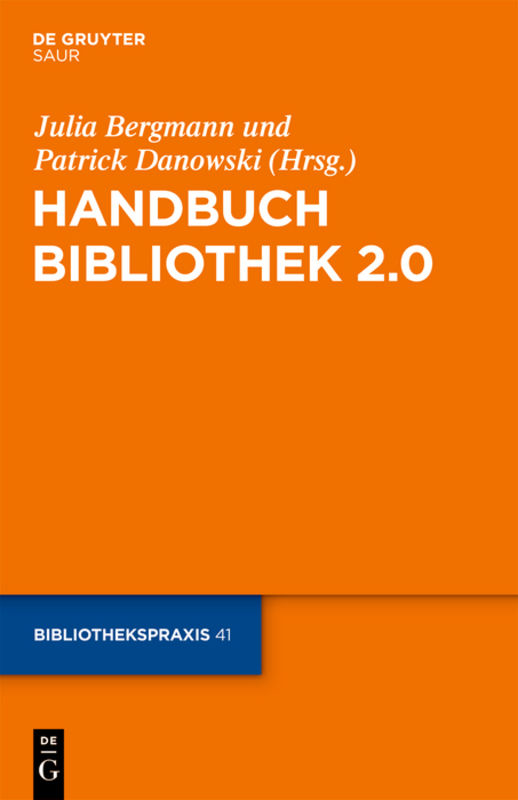
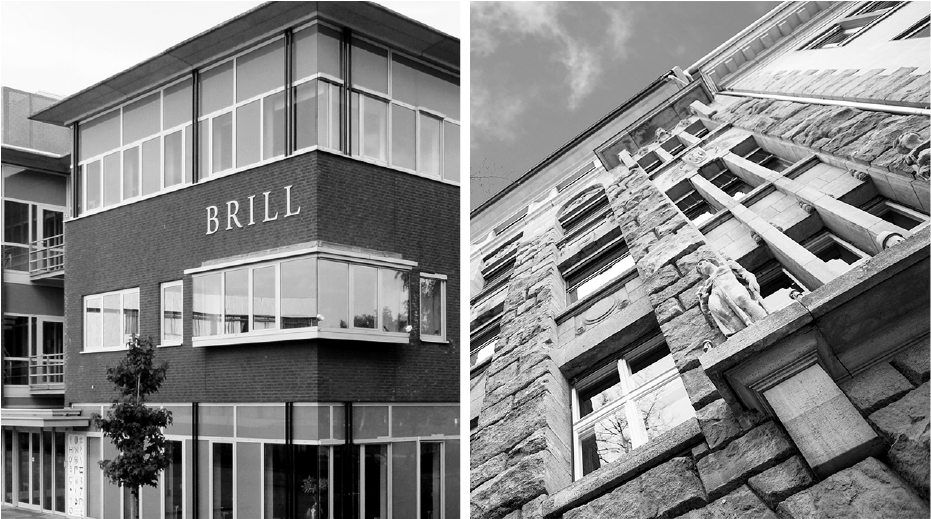
In this spirit, De Gruyter and Brill will continue as individual publishing brands with their respective imprints and publishing programs. We will remain reliable and enthusiastic partners to the scholarly community and sustain our close and personal relationships with authors, editors, librarians, and academic institutions.
04
The future holds independence
Being an independent academic publisher allows us to prioritize long-term investments and sustainable goals over the constraints of quarterly thinking and short-term objectives.
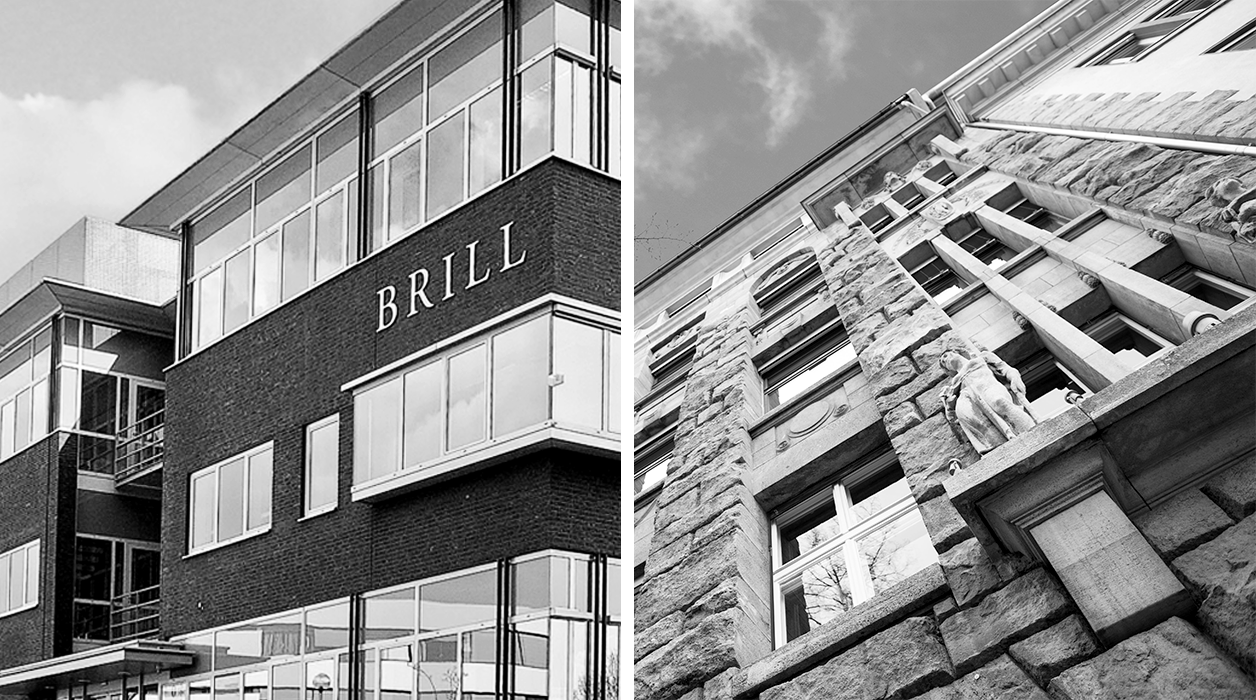
As we join forces, we are bringing Brill back into family ownership. De Gruyter Brill will be a medium-sized, family-owned, independent publishing house with one long-term goal: to advance scholarly research by supporting academic authors in both core areas and specialist fields.
05
The future holds transformation
From digital transformation and open access to the spectacular recent progress in generative artificial intelligence, we strive to support and guide our authors through all developments shaping the future of scholarly communications.
shaping our future?
approach
access
process
portfolio
academic
research
Harnessing our combined strengths, we will be able to expand our global presence, advance the move to open science, and strengthen our capacity for digital innovation.
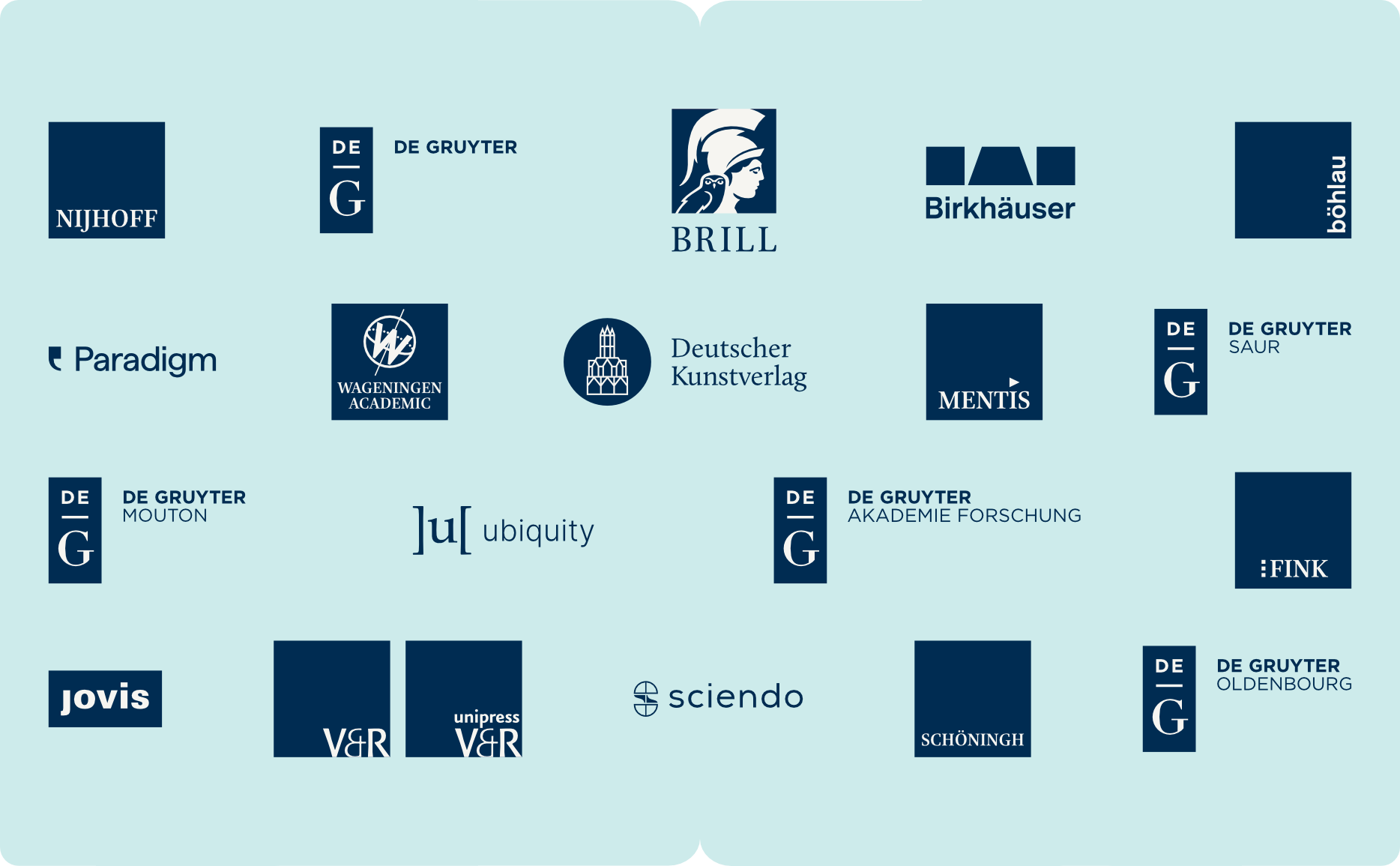 The publishing brands De Gruyter and Brill will continue with their respective programs.
The publishing brands De Gruyter and Brill will continue with their respective programs.
As De Gruyter Brill, we are confident that we will be in an even better position to ensure that rigorous scholarly research continues to have a significant impact on the world, one publication at a time.
i
Frequently Asked Questions
Authors
At this moment, there are no changes to our service to authors, partners, and institutions. You will continue to be supported by your trusted contact.
As we now begin work on the integration of our operational processes, our key concern will be to maintain continuity and quality of service. We will keep you informed during this process and will notify you of any changes that may impact you.
We firmly believe that De Gruyter Brill will be in an even better position to offer the best possible service and infrastructure to our authors, to librarians, researchers, institutions, partners, and the whole scholarly community.
For the time being, nothing changes and books will continue to be published under the brands De Gruyter, Brill or the respective imprints.
Information on our stance on artificial intelligence and what this means for your content at De Gruyter Brill can be found https://degruyterbrill.com/en/ai-for-authors/.
Existing contracts and agreements will not change.
Nothing changes for you.
No. We intend to maintain the size, breadth, and depth of the publishing programs and to offer our authors as many opportunities to publish under our imprints, within our series, and in as many subject areas as before.
It won’t.
We will keep you informed via our newsletters, to which you can sign up here for Brill and here for De Gruyter, and on our social media channels.
We welcome and value your feedback, and the easiest way to provide it is by contacting your usual editorial contact directly.
Please get in touch with your editorial contact directly to discuss whether it makes sense to submit your manuscript to another imprint based on your specific project.
General
For now, nothing will change, and you will continue to find each publishers’ content on brill.com and degruyter.com, respectively. As part of the integration process, we are developing a website strategy, and we are planning to eventually merge the content onto a single digital platform. This will not happen before the end of 2024, and we will keep you updated on the process.
For the time being, customer service, distribution, invoicing and access management as well as editorial contacts will remain the same and nothing will change. Mid-term to long-term we will be developing joint services, but this will take a while and we will inform everyone about any changes before they happen.
Ensuring the maintenance of services and operations is a top priority during the process and we will keep disruptions to a minimum.
The joint business will be called De Gruyter Brill. De Gruyter and Brill will continue to exist as individual publishing brands. The new name reflects the goal of integrating and becoming one company. Imprints will not disappear as an immediate result of this transaction. We are proud of both publishers’ imprints and the diversity they represent, and we will not have less publications or subject areas after this. We will review our imprint strategy as the programs come together, in line with both companies’ policies to review our imprints regularly anyway.
As a result of the transaction, Koninklijke Brill N.V. will be delisted from Euronext. The new combination De Gruyter Brill will not be a publicly listed company but will be privately held.
The owners of the company, who are descendants of the De Gruyter family, are committed to making sure De Gruyter Brill remains independent and family-owned for many more centuries to come.
Brill and De Gruyter have both expressed their commitment to support the move towards open access and we expect the new business to be in an even better position to accelerate the process. As part of the integration process, we will evaluate and develop further the existing open access strategies and policies.
Ensuring the quality of our publications is a top priority during the process and we will keep disruptions to a minimum. It is core to the mission of both publishing houses to ensure the highest quality of publications. Editorial policies in place will not change immediately as a result of the merger. We will work as part of the integration process to align policies and practices between De Gruyter and Brill, always keeping in mind that our duty is to maintain quality.
Yes. A key part of the rationale of the transaction is to be able to invest in new technologies, and we expect significant improvements and advancements for our authors and all other customers and partners in the medium-term.
De Gruyter Brill will be headquartered in Berlin, Germany. Leiden will be the second largest location. No offices will be closed as an immediate result of the transaction. We will look at locations in detail as part of the integration progress to determine which changes make sense and will keep you informed.
Immediate price increases are not planned. We will review pricing policies as part of our integration of the two companies and will inform our customers of any changes in good time.
Our prices reflect the realities of the costs to publish books and journals and the competitive landscape we operate in. Part of that is that many of our titles are niche products for small audiences that require certain price points to be published in an economically sustainable way.
Our policy is to walk the line between maintaining prices that can be afforded by libraries and others who purchase our titles, while maintaining the sustainability of the business and at the same time allowing us to publish titles that may not make large profits but are valuable to academic discourse.
We try to offer as many inexpensive paperback editions as possible, while the general increase in open access publications in our portfolio helps to ensure the accessibility of our content.
Librarians and Trade
Yes. For the time being, sales contacts will remain the same and nothing will change. Mid-term to long-term we will be looking at joining up our sales teams, but this will take a while and we will inform everyone about any changes before they happen. We are conscious that the success of our business rests on the long-term and close relationships both publishers have built with the library community.
For now, all contacts will remain the same. If you are having trouble accessing a Brill title or a title of one of Brill’s imprints, please contact your existing Brill contact. For access issues on degruyter.com, please contact your existing De Gruyter contact.
For the time being, representatives and other contacts at both publishers remain in place. We will review representation as part of the integration process, and advise customers of any changes in good time.
For the moment, none. As we work to integrate the two publishing houses, we will discuss and communicate any potential changes with customers well in advance.
In the short term there will be no changes. The process of assessing licensing terms in use by both houses will take some time. In the medium term, should we decide to make any changes, we will communicate these with customers in good time.
Please assume nothing will change until further notice. We have a considerable amount of work to do in bringing systems together. For example, we are planning to create a joint content platform and that will have an impact on metadata supply. This complex task will take some considerable time and we are currently unable to give a firm date for this change. We will inform you well ahead of any changes being made.
As part of the integration, we will review distribution arrangements, but do not anticipate any changes in the short term.
For now, nothing changes. It will take us some time to assess the similarities and differences in business models between De Gruyter and Brill, and to determine how to bring these together. We anticipate that this will be after the end of 2024.
No changes will happen in the short term. As part of the integration process and bearing in mind any changes to distribution and customer service, we will examine conditions at the appropriate time. Should changes be made, we will inform customers in good time.
We currently have no plans to change this. Along with most other activities, we will review the previews as part of the integration process.
Please assume nothing will change until further notice. We have a considerable amount of work to do in bringing systems together. For example, we are planning to create a joint content platform and that will have an impact on metadata supply. This complex task will take some considerable time and we are currently unable to give a firm date for this change. We will inform you well ahead of any changes being made.
Existing framework agreements and those signed until further notice will continue to cover either Brill or De Gruyter imprints and not both. As we bring our product offers and teams together, we will work on how licensing may change as a result.
ii
News
Browse our latest press releases and company news below. Current vacancies can be found here on our job page.